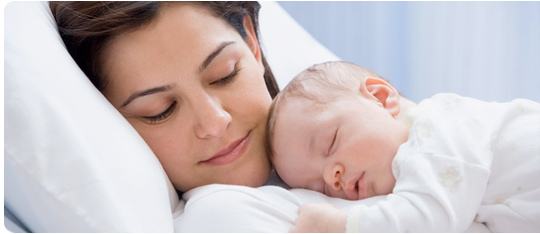Money in the bank, fewer buns in oven: Why women are having fewer babies
 NZ Herald 19 February 2015
NZ Herald 19 February 2015
Babies are going out of fashion again as Kiwi women increasingly put work and study ahead of childbearing.
New Zealand’s total fertility rate – the average number of births a woman would have in her lifetime based on current fertility rates for each age group – dropped from 2.01 babies per woman in 2013 to just 1.92 last year, the lowest since 2002.
The country has now rejoined a majority of developed nations with fertility rates below the replacement level of 2.1 babies per woman, after a “blip” in which the New Zealand rate rose briefly above replacement, peaking at 2.19 babies per woman in 2008.
Waikato University demographer Ian Pool said the blip was a faint “echo” of a high adolescent fertility rate around 1970. Children born then caused a first upward blip when they had children around 1990, and their children born around 1990 began having babies in the late 2000s.
The latest blip was also partly a “catch-up” effect as women who put off having babies in their 20s finally started having them in their 30s.
Now the blip is over, the country has reverted to a norm which has been slightly below replacement rate in most years since 1980.
Dr Pool said fertility rates were now lowest where women were better educated, had higher incomes and were more likely to be in paid work.
“In both Auckland and Wellington you have a central city/outer city divide,” he said. “In Auckland it’s Auckland Central and the North Shore versus higher rates in the west and much higher rates in South Auckland. In Wellington, it’s Wellington City, the Hutt and Porirua in that order.”
These patterns are partly ethnic. Fertility rates are highest for Pacific women (2.73 babies per woman) and Maori women (2.49), while European women equal the national average (1.92) and Asian women have far fewer babies (1.69).
But Dr Pool said Maori, as well as European women, were having fewer babies in the central cities.
Dr Susan Morton, who directs the Growing Up in NZ study of about 7000 children born in 2009-10, said women with one child who had not had any more children since the study started “tend to be older mums and better educated and living in more advantaged areas with higher incomes”.
http://www.nzherald.co.nz/lifestyle/news/article.cfm?c_id=6&objectid=11404232






